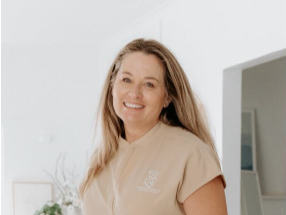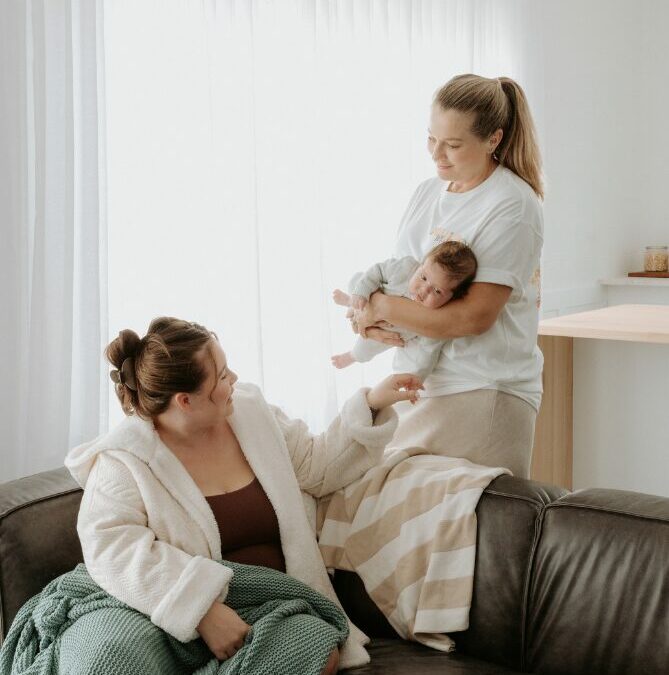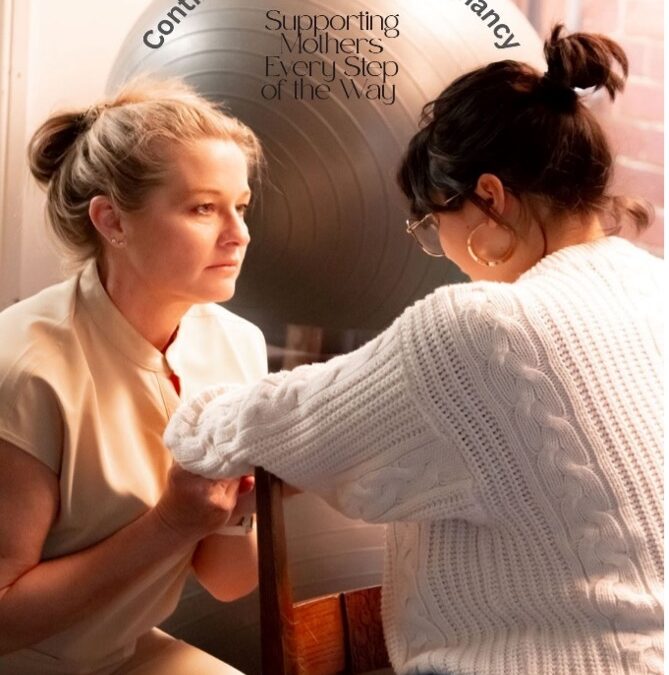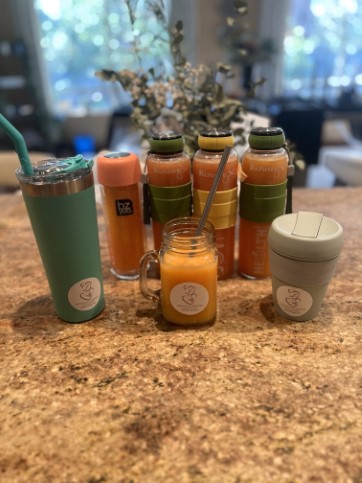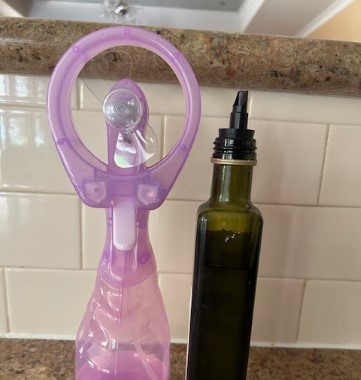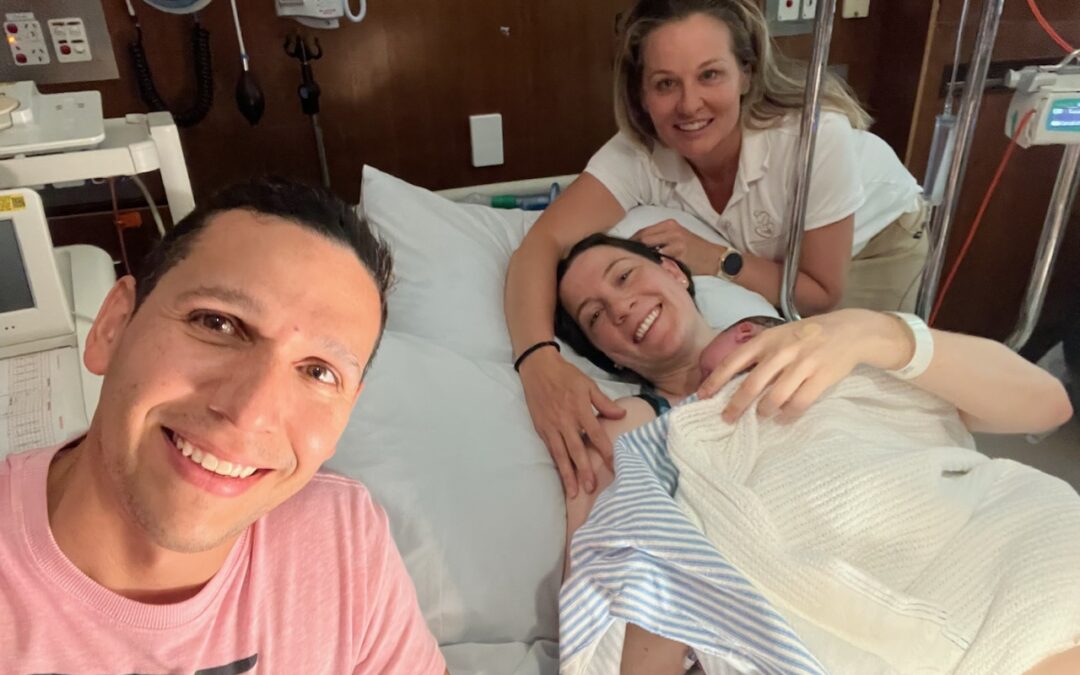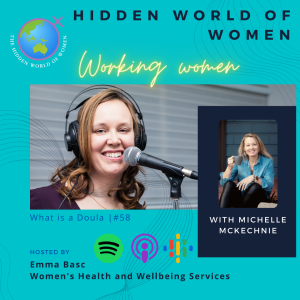It starts with awareness, small steps, and supporting each other along the way.
Be informed and write things down

Knowledge is grounding. Understanding your rights under informed consent and refusal helps you make decisions that feel right for you. Remember — hospital policy isn’t the same as law.
A written birth map or preference sheet can be really useful. Attach it to your hospital file to ensure staff can always see your wishes. It’s one of those small actions that can make a big difference. Your doula can help you with this, or alternatively here is the website: The Birth Map – INFORMED | SUPPORTED | CONFIDENT
Build your village
Choose care that gives you the most continuity possible — whether that’s a private midwife, an MGP or CMP program, or having a doula by your side. Having someone in the room who understands how the system works can help you stay calm and confident when things get intense. The people you surround yourself with matter more than you think — they shape how supported and safe you feel in your choices.
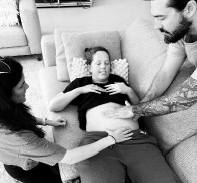
Here is comprehensive list of doulas and private midwives. Handy Hint: get in quick!
- Vicki Hobbs Doula Search
- https://vickihobbs.com/privately-practising-midwives-in-western-australia/
Practice calm but firm advocacy
You can be kind and assertive. Try using phrases like:
- “Can you explain the evidence behind that recommendation?”
- “What are the risks or benefits if we wait?”
- “We’re not giving consent to that right now.”
These kinds of questions help slow things down and give you space to make clear, informed decisions — even in high-pressure moments. My absolute favourite is one that Vicki Hobb’s taught me “Can I please have some time”.
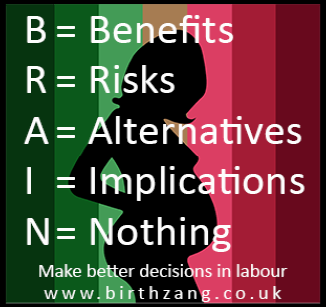
Remember: choice is always there
Women absolutely do have choices. But sometimes, those choices are uncomfortable or hard to make in the moment. It can feel easier to just go along with what’s suggested — especially when you’re tired, vulnerable, or unsure. That doesn’t mean you didn’t have a choice; it means the system often makes exercising it really difficult. When we talk about these experiences afterwards, it’s not about blame — it’s about learning, reflecting, and finding ways to reclaim autonomy next time.
Plan for the “what ifs”
It can really help to think ahead. What happens if your midwife can’t make it? Or if you need to transfer? Talking through Plans B and C before labour can make things less overwhelming if circumstances change. You’ll feel more anchored and less blindsided if you’ve already thought it through.
Debrief and speak up
If something felt wrong or coercive, you have every right to ask for a written debrief or to raise your concerns. You can also contact the Health Consumers Council WA for guidance and support. Health Consumers’ Council WA – WA’s peak health consumer organisation
Speaking up isn’t just for closure — it helps drive accountability and change for others coming after you.
Find your people
You’re not alone in this. Reach out to birth advocacy groups, VBAC or birth rights communities, or trauma-informed counsellors who understand what you’ve been through. Talking with others who get it can bring healing, perspective, and a sense of solidarity. I highly recommend Fiona Rogerson Fiona Rogerson Perinatal and Trauma Counselling
Change doesn’t happen overnight — but it does start with one voice, one choice, one woman at a time.
Contact Michelle
If you have any questions or just want to know more, I’d love to hear from you! Simply click the button below and fill out the contact form.
About Michelle McKechnie
My name is Michelle McKechnie, and I am Birth and Postpartum Doula specialising in postpartum support, breastfeeding and sleep support. My greatest achievements are my 5 incredible children and 4 beautiful grandchildren.

